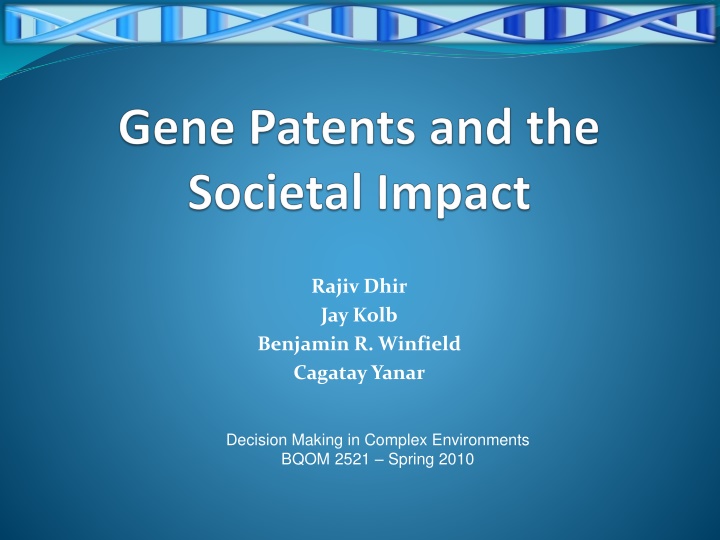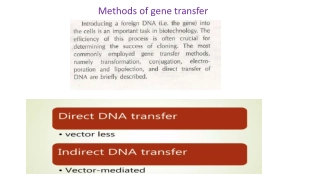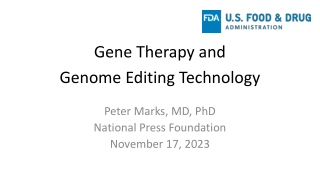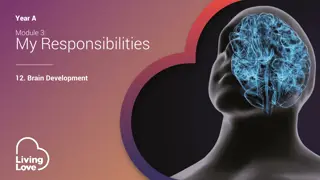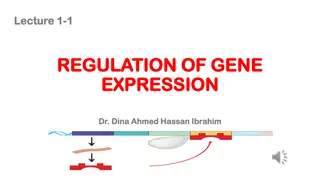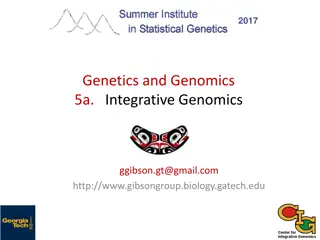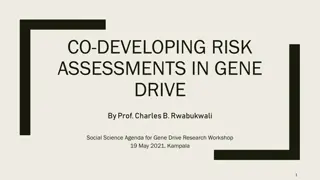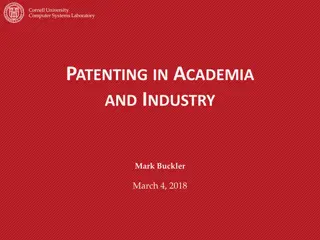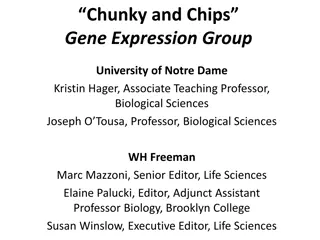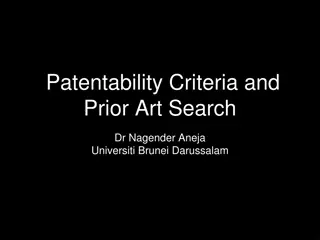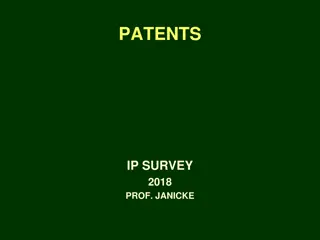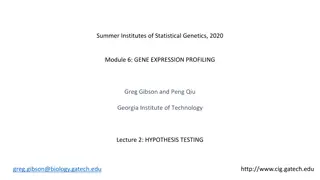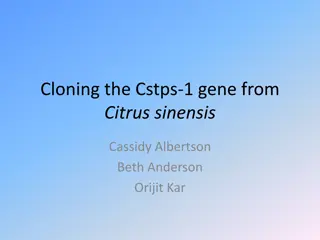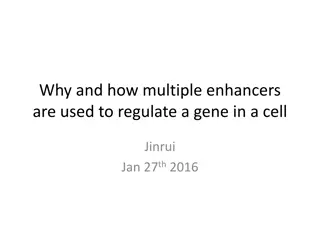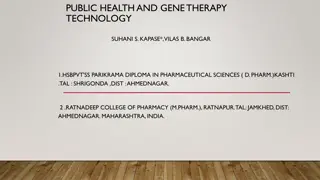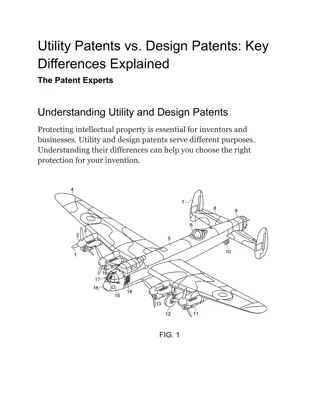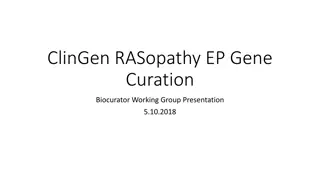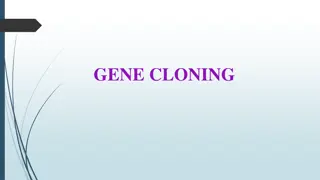Decision Making in Complex Environments & Gene Patents
Genes, Human Genome Project, gene tests, personalized therapy, patent issues, Myriad Genetics case, and alternatives to gene patenting discussed in an informative context. Explore the impact on research, healthcare costs, and public health.
Download Presentation

Please find below an Image/Link to download the presentation.
The content on the website is provided AS IS for your information and personal use only. It may not be sold, licensed, or shared on other websites without obtaining consent from the author.If you encounter any issues during the download, it is possible that the publisher has removed the file from their server.
You are allowed to download the files provided on this website for personal or commercial use, subject to the condition that they are used lawfully. All files are the property of their respective owners.
The content on the website is provided AS IS for your information and personal use only. It may not be sold, licensed, or shared on other websites without obtaining consent from the author.
E N D
Presentation Transcript
Rajiv Dhir Jay Kolb Benjamin R. Winfield Cagatay Yanar Decision Making in Complex Environments BQOM 2521 Spring 2010
Introduction Genes basis of life Human Genome Project and growth of knowledge Gene tests/ molecular tests Screening and diagnosis Personalized/ targeted therapy EGFR in lung CA CT/RT and End stage clinical trials Future use in drug design and prevention 4/20/2010 2
Patent Issues Supreme Court judgment in 1980 allowed patents covering genetically engineered bacteria Slew of patents on DNA now (as much as 20% of human genome covered) Like drug patents, valid for 20 years. However longer time for profiting since no time consuming clinical trials Patents allow profiting from work Monopoly creation 4/20/2010 3
Case against patents Genes part of nature; are not an invention but discovery of an association Health care costs increase because of monopoly Impede free research because of restrictions from the patents in place New knowledge is first patented and then published 4/20/2010 4
The case that is creating waves Myriad Genetics: Based in Salt Lake city Monopoly for testing BRCA 1 and 2 ($3500 vs. $250) Genes with high association: breast/ ovarian CA ACLU and multiple medical associations filed lawsuit in NY Southern District Court Judgment March 29, 2010 striking down Myriad patents directed to a law of nature and were therefore improperly granted 4/20/2010 5
Model Overview: Alternatives Allow Gene Patenting:status quo, where gene patents can be obtained and rights reserved to the corporation that identified the gene. Allow Limited Gene Patenting: add tighter stipulations on the conditions of gene patents right (length of time, limit rights, etc ). Eliminate Gene Patenting:prevent any patenting related to genetics 4/20/2010 6
Model Overview: Model Structure Benefits Opportunities Economic Corporations Consumer Affordability Insurance Companies Government R&D Expansion Social Government Legal Economic Corporate Impact Consumer Impact R&D Expansion Social Health of General Public Health of General Public Costs Risks Economic Consumer Insurance Companies Government R&D Expansion Social Government Economic Corporations Consumer Affordability Insurance Companies Government R&D Expansion Social Health of General Public Legal Psycho-Social Consumer Safety Psycho-Social Regulations 4/20/2010 7
Model Overview: Model Structure (continued) 4/20/2010 8
P r i o r i t i e s 4/20/2010 9
Model Overview: Strategic Criteria Corporate Profitability Research Incentive Social Responsibility Affordability 4/20/2010 10
Results: BOCR Subnets Benefits Eliminate Gene Patents Social 4/20/2010 11
Results: BOCR Subnets (continued) Opportunities Eliminate Gene Patents Social 4/20/2010 12
Results: BOCR Subnets (continued) Costs Allow Gene Patents Social 4/20/2010 13
Results: BOCR Subnets (continued) Risks Eliminate Gene Patents Social 4/20/2010 14
Super Decisions Rating Priorities for Strategic Criteria Corporate Profitability 13% Research Incentive 10% Social Affordability Responsibility 42% 35% 4/20/2010 15
Overall Outcomes Benefits (0.2979) Opportunities (0.3083) Costs (0.3083) Risks (0.0855) Outcome (BO/CR) Outcome (Additive) Alternatives Status Quo - allow gene patents Allow limited gene patents Eliminate gene patents 0.243 0.335 1.000 0.211 0.567 1.000 1.000 0.323 0.296 0.637 0.445 1.000 0.024 0.391 1.000 -0.541 0.321 1.000 Additive: Short-term Multiplicative: Long-term 4/20/2010 16
Sensitivity Analysis Benefits Opportunities 4/20/2010 17
Sensitivity Analysis Costs Risks 4/20/2010 18
